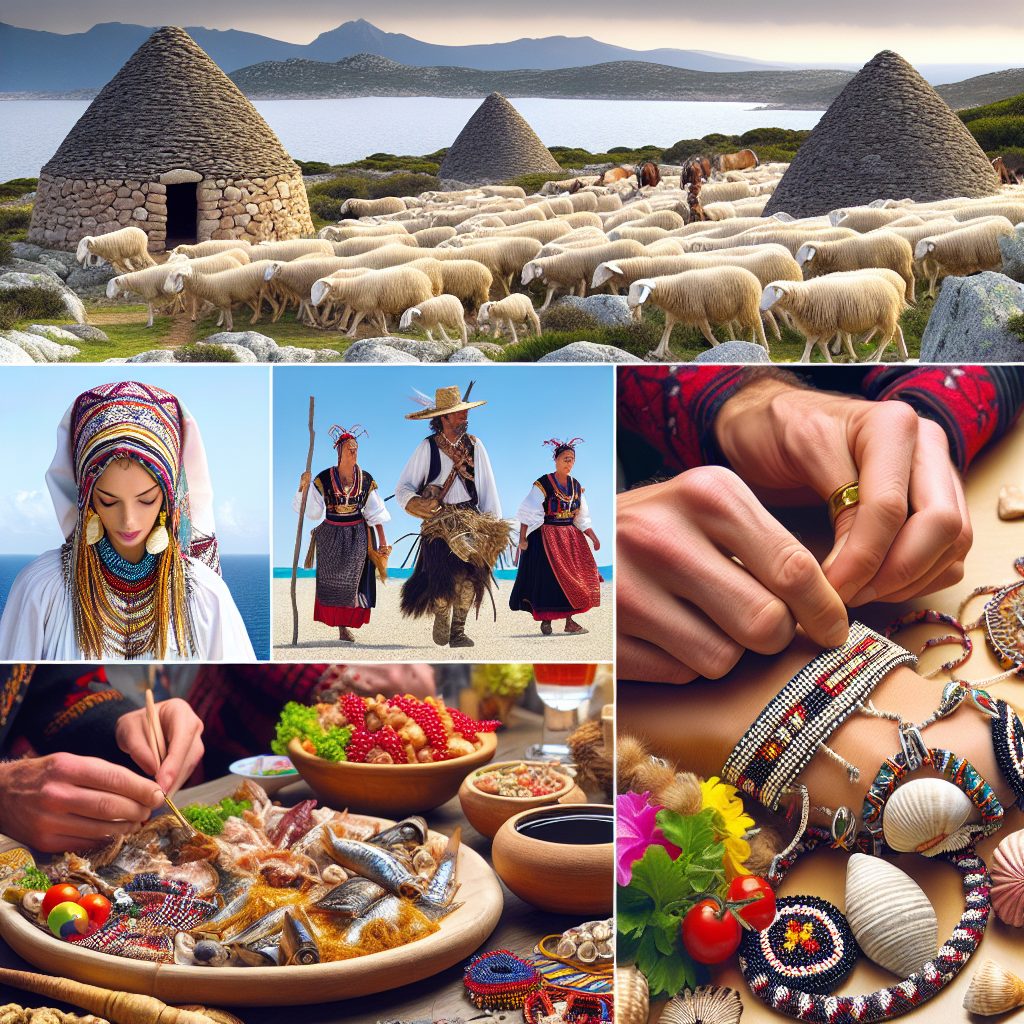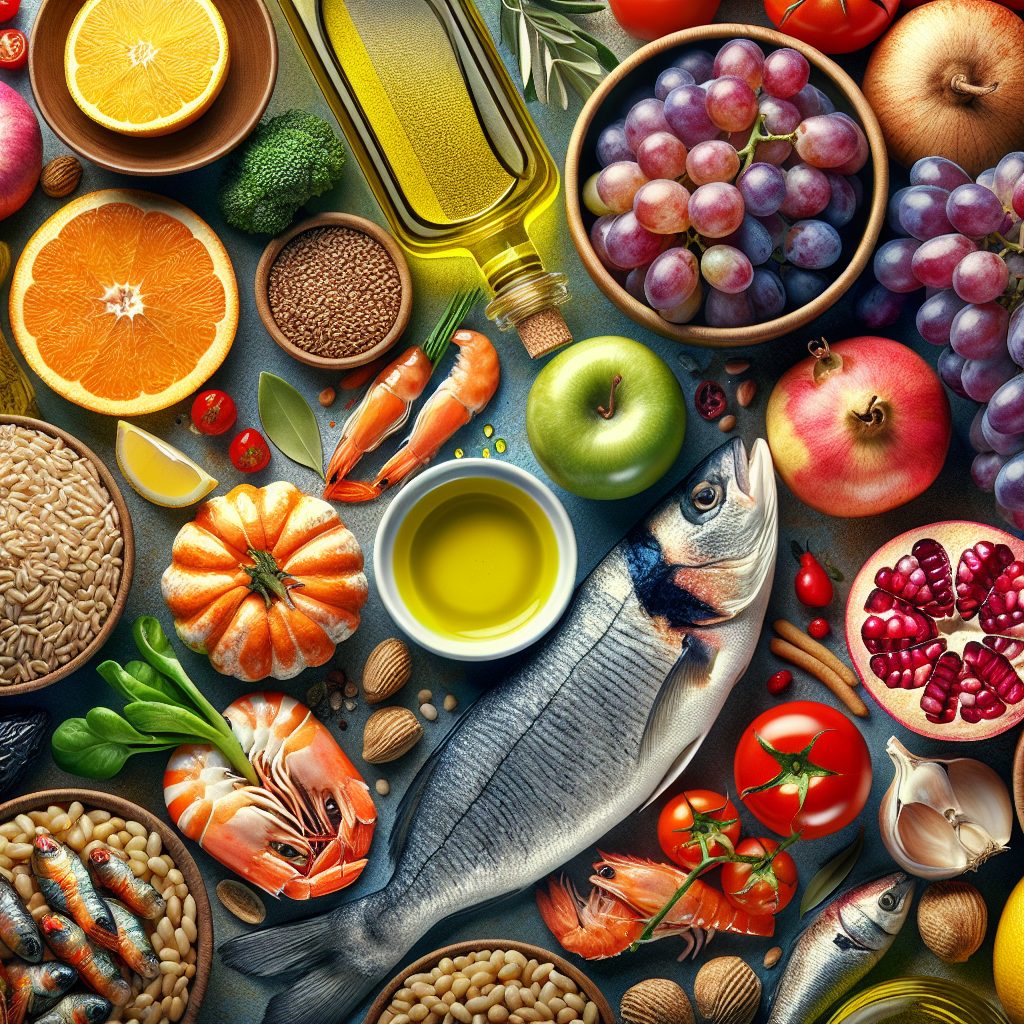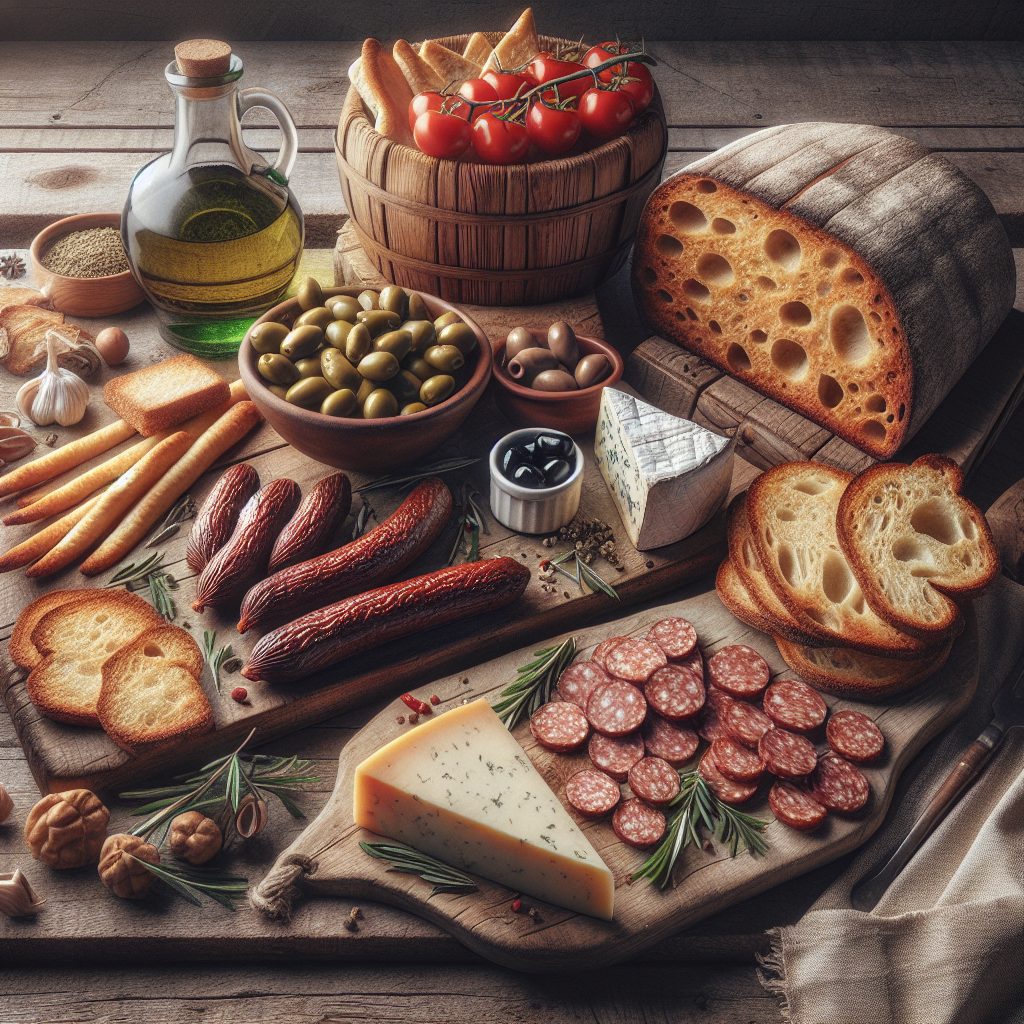Traditional practices in Sardinia refer to the customs, rituals, and ways of life that have been passed down through generations in this enchanting Italian island. With a history dating back thousands of years, Sardinia is renowned for its rich cultural heritage, steeped in traditions that have shaped the lives of its inhabitants. One unique aspect of Sardinian traditions is its distinct linguistic diversity, with several dialects spoken across the island. These practices have had a significant impact on the social fabric and daily routines of the Sardinian people, fostering a strong sense of community and preserving their unique cultural identity.
The traditional practices in Sardinia encompass a wide range of aspects, including agriculture, craftsmanship, music, and gastronomy. The island’s agricultural traditions are deeply rooted in the land, with farming practices that have been refined and perfected over centuries. Sardinians take immense pride in their craftsmanship, with traditional arts such as weaving, pottery, and woodwork being highly valued and passed down through apprenticeships within families. Music, another integral part of Sardinian culture, showcases a distinct blend of influences from ancient times, featuring traditional instruments like the launeddas, a type of triple clarinet. Additionally, the island’s cuisine is renowned for its unique flavors, with traditional dishes like porcheddu (roast suckling pig) and culurgiones (handmade pasta stuffed with potatoes and cheese) delighting both locals and visitors alike.
In the next section, we will delve deeper into the key takeaways of these rich traditions in Sardinia. We will explore the profound impact of traditional practices on the island’s cultural preservation, community identity, and sustainable development. From the preservation of ancient languages to the economic value of artisanal crafts, we will uncover the beauty and significance of these traditions in shaping the vibrant tapestry of Sardinian life. So, keep reading to discover the fascinating world of traditional practices in Sardinia and their enduring relevance in the modern era.
Key Takeaways
1. Traditional practices in Sardinia have played a crucial role in preserving the island’s cultural heritage and identity throughout history.
2. The ancient tradition of shepherding is deeply rooted in Sardinia’s culture, with the Transhumance Festival showcasing the rich relationship between locals and livestock.
3. Sardinia’s culinary traditions, such as the use of unconventional ingredients like wild herbs and indigenous grains, have contributed to the island’s unique gastronomy.
4. The annual Cavalcade of S’Urtzu highlights the island’s strong equestrian culture, celebrating the bond between horses and their riders.
5. Sardinia’s traditional attire reflects its diverse history and cultural influences, with each region having distinct clothing styles and decorative elements.
What are the Traditional Practices in Sardinia?
Farming and Agriculture
In Sardinia, traditional farming and agriculture have been deeply rooted in the island’s culture for centuries. The fertile lands and favorable climate have allowed the locals to cultivate various crops such as wheat, barley, and grapes. The cultivation and production processes have remained true to traditional methods, with farmers engaging in manual labor and preserving ancient agricultural techniques. The traditional practices in Sardinian agriculture reflect the island’s rich agricultural heritage.
Pastoralism and Shepherding
Another prominent traditional practice in Sardinia is pastoralism, where shepherds play a vital role in managing livestock, particularly sheep and goats. These skilled shepherds navigate the rugged terrain of the island, leading their flocks to find grazing lands and water sources. The pastoral tradition is not only essential for the sustenance of the local community but also represents a way of life deeply connected to Sardinia’s natural beauty and distinct cultural identity.
Handicrafts and Artisanal Skills
The people of Sardinia have nurtured a wide array of traditional handicrafts and artisanal skills, passed down through generations. These artistic practices include weaving intricate textiles, crafting baskets from local plants, pottery making, and woodworking. Local artisans meticulously handcraft these traditional goods, ensuring their durability and authenticity. The preservation of these artisanal skills is crucial in maintaining Sardinia’s cultural heritage and identity.
Traditional Festivals and Celebrations
Traditional festivals and celebrations are an integral part of Sardinian culture, providing an opportunity to showcase age-old traditions and customs. These festivities often involve music, dance, and performances that reflect the island’s deep-rooted traditions. Notable festivals include “Sagra del Redentore” and “S’Ardia,” which celebrate religious and historical events. Participating in these vibrant cultural events allows locals and visitors alike to immerse themselves in the living tradition of Sardinia.
Gastronomy and Culinary Traditions
The culinary traditions of Sardinia are renowned for their strong ties to the island’s agricultural practices and local ingredients. Traditional Sardinian cuisine features dishes such as “porceddu” (roasted suckling pig), “malloreddus” (a type of pasta), and “seadas” (a sweet pastry filled with cheese and drizzled with honey). The preparation methods often involve slow cooking and preserving techniques that have been passed down through generations. Exploring the gastronomy of Sardinia allows one to savor the flavors of its rich culinary heritage.
Numenistic and Superstitious Beliefs
Sardinia is also known for its deep-rooted numenistic and superstitious beliefs. The locals strongly adhere to ancient customs, rituals, and beliefs linked to the supernatural. These practices often involve propitiating deities, making offerings, and conducting rituals during significant life events or seasonal changes. The presence of “nuraghi,” ancient stone structures, adds to the mystical aura surrounding Sardinia’s traditional beliefs.
5 Must-Try Traditional Practices in Sardinia
- What are the key traditional crops cultivated in Sardinia?
- How do Sardinian shepherds navigate the island’s rugged terrain?
- What are some famous Sardinian handicrafts and artisanal skills?
- Which traditional festivals should you experience in Sardinia?
- What are the iconic dishes of Sardinian cuisine?
FAQs
1. What are some traditional practices in Sardinia?
Sardinia is known for its rich cultural heritage, and some of the traditional practices include shepherding, weaving, traditional festivals, and handicrafts.
2. Why is shepherding considered a traditional practice in Sardinia?
Shepherding has been practiced in Sardinia for centuries, and it plays a vital role in the island’s economy and cultural identity. It represents the traditional way of life and showcases the deep connection between the locals and their land.
3. Are traditional festivals common in Sardinia?
Yes, traditional festivals are highly celebrated in Sardinia. These festivals, such as the Sardinian Carnival and the Sant’Efisio procession, offer insights into the island’s history, beliefs, and customs.
4. How important is weaving in Sardinian traditional practices?
Weaving holds immense significance in Sardinia’s traditional practices. It is an ancient craft that produces beautiful textiles, including carpets, rugs, and baskets. The art of weaving has been passed down through generations, preserving the island’s cultural legacy.
5. What kind of handicrafts are popular in Sardinia?
Sardinia is renowned for its handicrafts, such as pottery, wood carving, and filigree jewelry. These crafts exemplify the island’s commitment to preserving traditional techniques while promoting artistic expression.
6. Are traditional practices in Sardinia only limited to rural areas?
No, traditional practices extend beyond rural areas and are found throughout the island. While certain practices may have stronger roots in rural communities, Sardinia’s traditional heritage can be experienced in both rural and urban settings.
7. How have traditional practices in Sardinia evolved over time?
Traditional practices have adapted to modern times while retaining their essence. For instance, traditional festivals have incorporated new elements while still honoring age-old customs, reflecting the dynamic nature of Sardinia’s culture.
8. Can tourists participate in traditional practices in Sardinia?
Yes, tourists are welcome to partake in various traditional practices in Sardinia. They can visit shepherd communities, attend festivals, and even participate in workshops to learn traditional crafts, providing a unique and immersive cultural experience.
9. What is the significance of preserving traditional practices in Sardinia?
Preserving traditional practices in Sardinia ensures the continuation of the island’s unique cultural heritage. By valuing and promoting these practices, the local community can maintain a strong sense of identity and pass down invaluable knowledge to future generations.
10. Are traditional practices in Sardinia at risk of disappearing?
While modernization poses challenges to traditional practices, there is a conscious effort to safeguard and promote Sardinian traditions. Through various initiatives, organizations, and local involvement, traditional practices in Sardinia have a better chance of persevering.
Final Thought
Traditional practices in Sardinia serve as a testament to the island’s captivating cultural identity and history. They provide a window into Sardinia’s past while embracing the present. By embracing and celebrating these traditions, Sardinia invites visitors to experience its distinct charm and contributes to the preservation of its rich heritage. Exploring the traditional practices in Sardinia is an opportunity to connect with an authentic and vibrant culture that has withstood the test of time.






